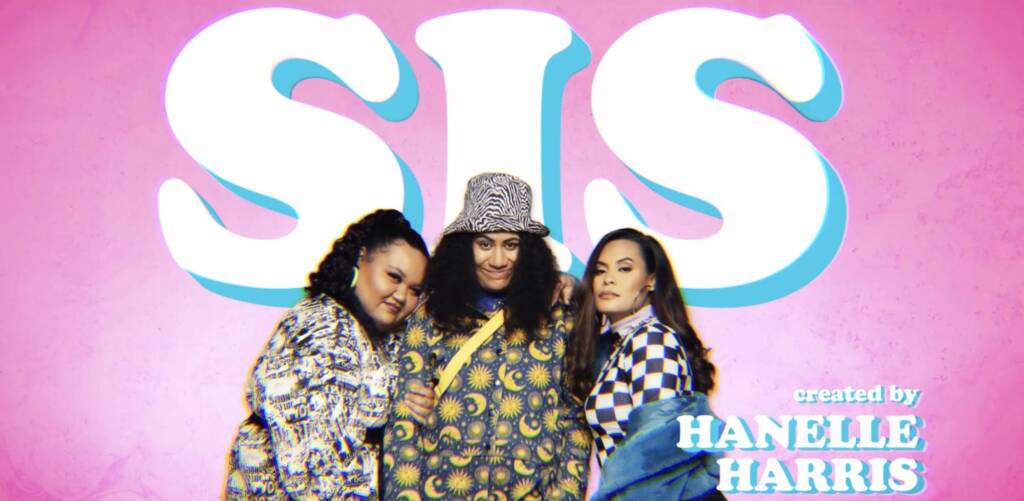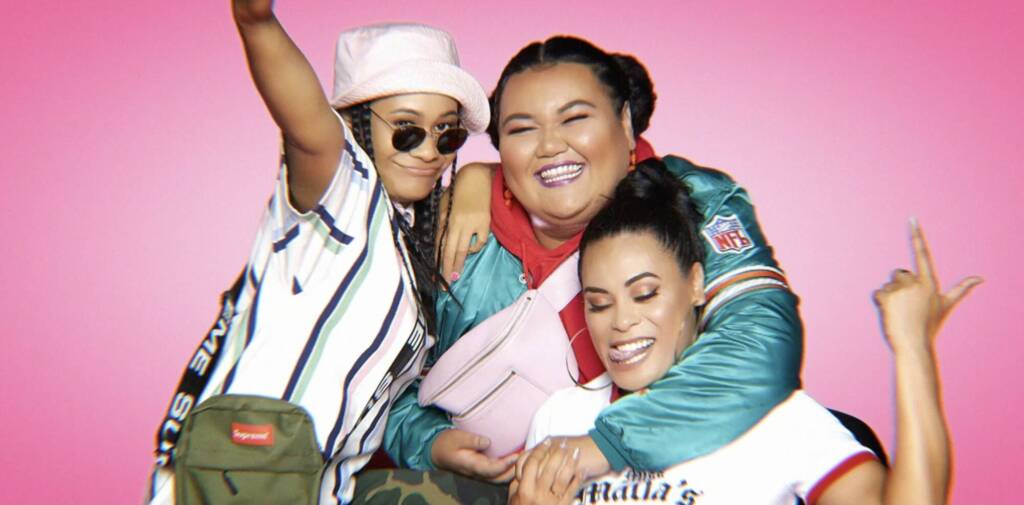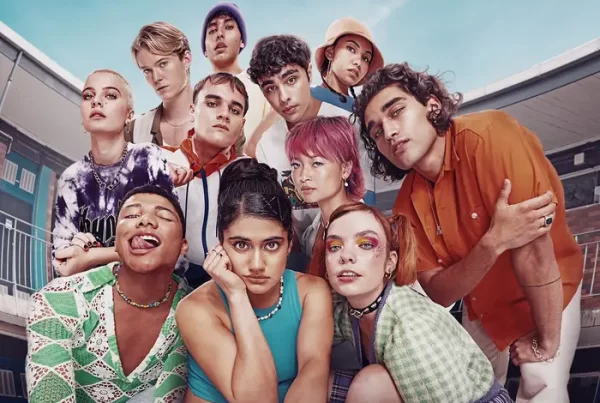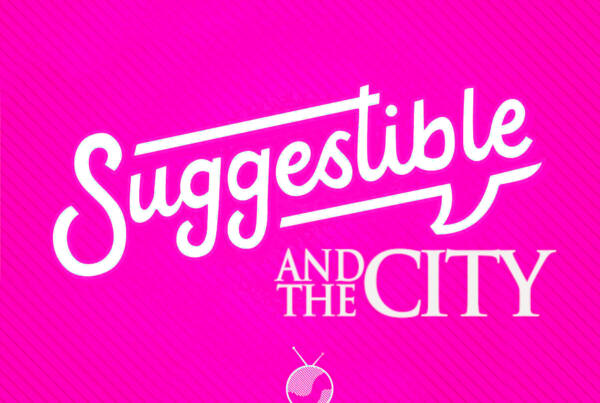 I spent my morning the way I spend every morning: scrolling aimlessly on my small screen, looking to fill the void inside me until it came time to open my medium-sized screen. It was there, on my small screen, that I first caught whiff of Sis.
I spent my morning the way I spend every morning: scrolling aimlessly on my small screen, looking to fill the void inside me until it came time to open my medium-sized screen. It was there, on my small screen, that I first caught whiff of Sis.
I was served, via my TikTok FYP, a teaser for a show that seemed right up my alley. I marvelled at the accuracy of my curated feed. Sis appeared, from the short trailer, to be everything I needed from a show: funny, well-produced, and brown. I couldn’t resist. Sis was a cartoon pie left on a windowsill, and I was two feet off the ground, being led by my nose along its scent trail. The trail led me right to Vimeo, where all seven episodes were streaming for free.
My first question was: why? Why was a show that had such incredible talent and high production quality streaming for free? I soon got my answer: Sis was leaked, in its entirety, by its own team.
The announcement came days before the series was set to be released on Comedy Central NZ. In an incredibly moving statement, the Sis creators said, “After months of trying to fight for an equal seat at the table for our own project about our communities and our stories, we have had enough trying to compromise in this broken system … We learnt information that our platform could be trying to scam not only us, but more importantly you, our audience.”. After much thought, they decided to take back their power.
It was a risky move, but it’s a move that makes sense. The show itself explicitly showcases the inequality within the New Zealand film and television industry. Part sketch, part mockumentary, Sis follows a diverse team of writers – Naki, Fia, Bubbah, and head-writer Tom – as they create and pitch an own-voices sketch show based around the lives and relationships of three Polynesian girls, Malia, Miki, and Gee Gee. The problem is, there’s only enough funding allocated to support one Pasifika production, and they are competing with another program: a racist, harmful gang story with no brown people on the creative team. A mirror to the industry, the Sis writers lament that it’s always the same teams who get the funding, and those telling their own stories are pushed aside for the people telling other people’s. As Fia says, “the system loves nothing more than watching brown people fight over scraps”.
To have had a show like this, that reflects and highlights the inequalities within the entertainment industry so well, fall victim to the very thing they were satirising, would be laughable if it weren’t so terrible. It reveals, without any room for doubt, that those in the top spot are still not listening to Indigenous voices and are merely using them to fill a quota and line their pockets.
The Sis family are asking for our help to make their voices heard. By way of online petition, production company Culture Factory are hoping to gain enough public support to meet with the government and the human rights commission to propose changes to the way the New Zealand film and television industry works. “Longstanding systemic biases continue to breed a culture of racism, sexual harassment, bullying, and discrimination at every level of our industry,” the petition reads. “While lucrative for some … Tangata Whenua, Pacific Islander and minority screen practitioners, independent productions, and marginalised practitioners … struggle to make ends meet.”.
Sis is not only incredibly funny, but it is incredibly important. Rather than using the suffering of Pacific Islanders for entertainment, it is representing them as they are, in a way that is entertaining, respectful, and comforting. It is proof that the only way to make accurate and respectful content about any marginalised group is to give that group the platform. Hand them the microphone, let them speak for themselves, and support them as they do it. Whether someone is marginalised by ethnicity, socio-economic standing, disability, or any other subversion from the “norm”, we deserve to tell our own stories, in our own ways, to our own communities. We want to create and consume content that is for us and by us, not about us, and we want to be supported as we do so.
I’ll leave the final word to the Sis creators. “Indigenous people storytelling is essential to our way of living and necessary to our survival,” the open letter states. “As the guardians of your lands, we encourage you to join the conversation and call forward your industries to account and action too.”
You can watch all 7 episodes of Sis here, watch their powerful open letter here, and sign the petition here.







